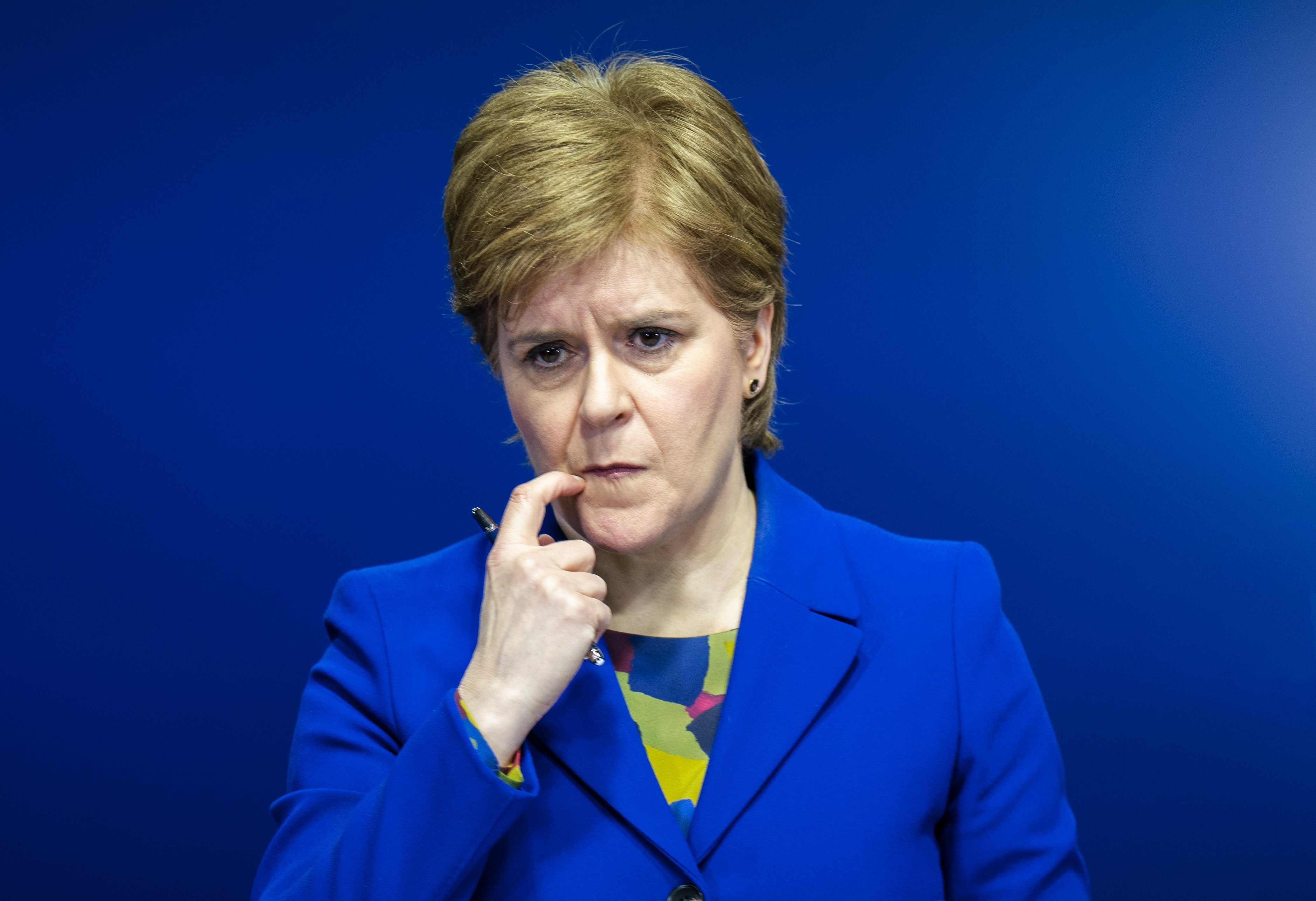Nicola Sturgeon, the first minister of Scotland, announced today that she is leaving the post that she has held for 8 years, because, she said, she is not only a politician, she is also a human being and she feels that this is the right time to step down. However, her resignation is not immediate, as she will wait for the Scottish Nationalist Party (SNP) to choose its replacement at the head of the government of Scotland, with the current cabinet secretary for finance, Kate Forbes, as one of the best positioned. In the press conference to announce her decision, at her official residence in Edinburgh, Sturgeon affirmed that it befalls her to make way for new political blood after so long on the front line, but there are those who say that her reasons go a long way beyond this. On the one hand, the controversy generated by the Scottish trans law, blocked by the UK government from receiving royal assent, could have been an attrition factor for a politician who many considered incombustible. But this is not the most telling reason, according to the British political scientist John Curtice, who points to an "internal debate within the party about independence", which has arisen since November when the UK Supreme Court blocked the way to a Scottish independence referendum without Westminster's backing.
Curtice, who chairs the British Polling Council, the UK association of opinion research firms, has also affirmed that with this move to step aside by the Scottish leader, the independence movement in the country loses one of its best known faces, an opinion shared by other experts such as Keiran Pedley. The Ipsos Mori director goes as far as to say that Sturgeon's resignation is a morale boost for unionists, comparable only to their victory in the 2014 referendum. From Curtice's point of view, the decision by the current first minister reflects the internal debate taking place about Scottish independence, and not so much the controversy that has surrounded the Scottish law allowing gender self-determination. "Undoubtedly during the next month everything will revolve around the internal debate within the nationalist movement about its strategic decision".
Nicola Sturgeon, the face of Scottish independence
On Monday, when Nicola Sturgeon's decision was not yet known, Curtice was already speaking along these lines in statements to Scottish daily The National: "It is clear that there is a fair amount of internal resistance inside the SNP to her strategy for a de facto referendum, and to that extent at least her ability to command the strategic direction of the party is perhaps in significant doubt for the first time since she became first minister.” This Wednesday, Curtice asserted in statements to the BBC that despite this internal debate, Sturgeon remains, "by far, the most popular leader in Scotland and her party remains dominant". However, the expert believes that the peak of the Scot's popularity came during her "first months and years" in office, but then her support stagnated until the pandemic arrived. She received a new boost during the Covid crisis, earning a reputation as an effective communicator and leader of her country, especially in comparison with Boris Johnson down south. But this effect has gradually declined again. Some of her farewell statement, asserting the importance of knowing when it is time to go, and mentioning the high personal cost of serving her country, was reminiscent of the recent surprise resignation speech by New Zealand PM Jacinda Ardern.
"The honest truth is that Nicola Sturgeon still is the most effective communicator for her party by far," said Curtice, adding that there "isn’t an obvious successor". Thus he concluded that the big question, affecting the immediate future of the independence movement, is "whether or not the party will be able to find somebody who is able to present the case for independence as effectively as Sturgeon might have been able to do so if she were to carry on.”

